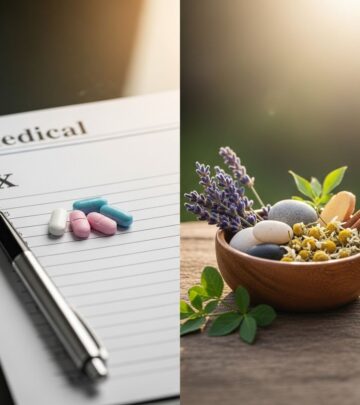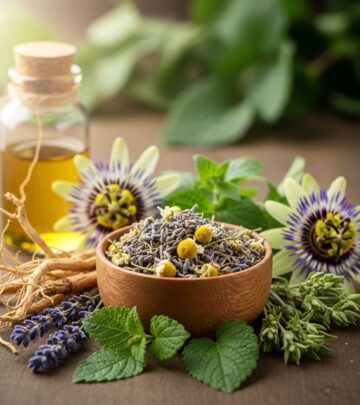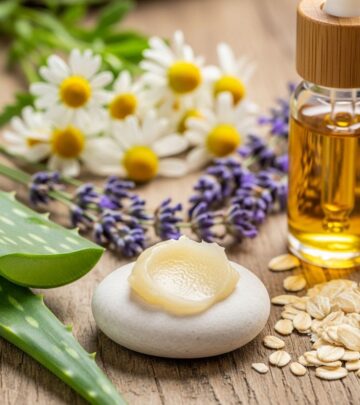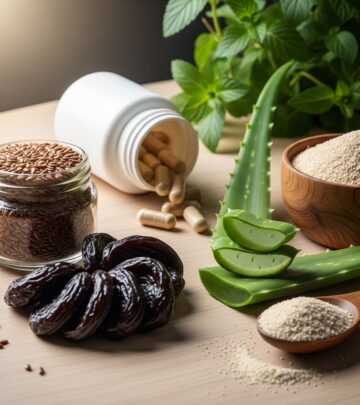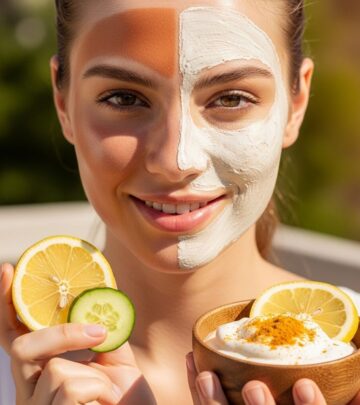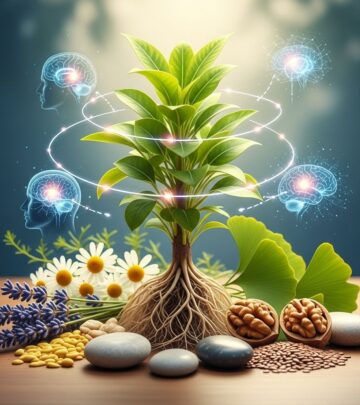Natural Remedies to Cleanse Your Kidneys: Boosting Renal Health Safely
Discover natural and effective ways to improve kidney health using everyday foods, herbs, and lifestyle tips for optimal well-being.
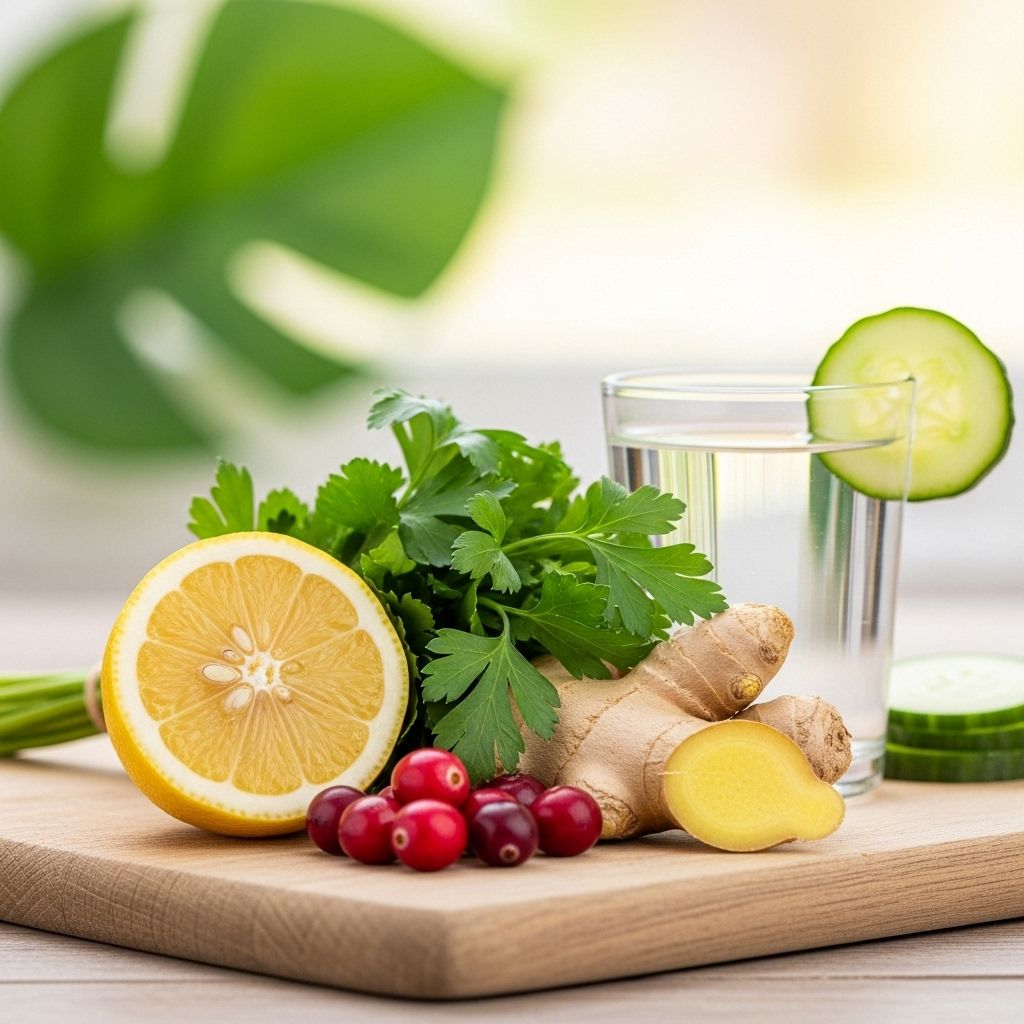
Natural Remedies to Cleanse Your Kidneys
Your kidneys play a crucial role in filtering out wastes and toxins from your blood and maintaining fluid balance in your body. Given their importance, keeping them healthy is paramount to overall well-being. While your kidneys are remarkably self-sufficient, certain natural remedies and habits can support their optimal functioning and help your body detox naturally. Below, you’ll find science-supported ways to cleanse your kidneys, prevent kidney stones, and keep your renal system in top shape.
Contents
- Why Cleanse Your Kidneys?
- Common Signs Your Kidneys Need a Cleanse
- Top Natural Remedies for Cleansing Kidneys
- Additional Lifestyle Tips for Kidney Health
- Foods and Habits to Avoid
- Frequently Asked Questions (FAQs)
Why Cleanse Your Kidneys?
Kidneys act as your body’s primary filtration system, removing waste products, balancing electrolytes, and regulating blood pressure. Over time, dietary habits, dehydration, certain medications, and underlying health conditions can cause toxins and mineral deposits to build up, potentially straining the kidneys.
While clinical evidence for commercial “kidney detox” programs is limited, healthy lifestyle changes and foods can aid your natural renal detoxification mechanisms and minimize risk for kidney stones and other renal diseases.
Common Signs Your Kidneys Need a Cleanse
- Persistent fatigue or low energy
- Changes in urination (frequency, color, foaming, or pain)
- Lower back pain or discomfort just below the rib cage
- Swelling in legs, ankles, or hands
- Unexplained nausea or poor appetite
- High blood pressure
If you notice these symptoms or suspect kidney issues, consult your healthcare provider before trying natural remedies.
Top Natural Remedies for Cleansing Kidneys
Here are science-backed foods and herbs to support kidney health and gentle cleansing, easily incorporated into your daily routine:
1. Apple Cider Vinegar
Apple cider vinegar (ACV) is renowned for its health benefits. Thanks to its citric acid content, it has been shown to help dissolve certain kinds of kidney stones, especially those composed of calcium oxalate. ACV may also increase antioxidant levels, balance blood sugar, lower blood pressure, and flush out toxins—factors that all contribute to improved kidney function.
- Add 1–2 tablespoons of raw ACV to a glass of water and drink daily (consult your doctor before use, especially if you have existing renal issues).
2. Kidney Beans
Not just shaped like kidneys, kidney beans actually support kidney cleansing. Rich in fiber, B vitamins, and essential minerals, they help remove waste and toxins from the kidneys while supporting the urinary tract. Kidney beans are particularly effective in aiding the elimination of kidney stones and preventing urinary tract infections.
- Incorporate well-cooked kidney beans into soups, salads, and stews.
3. Lemon Juice
Lemon juice is naturally acidic and increases citrate levels in urine, which discourages the formation of kidney stones and enhances the excretion of toxins. It helps filter the blood and flush out waste. Especially for people prone to calcium oxalate stones, lemon juice (sometimes paired with a little olive oil) may help dissolve existing stones and reduce recurrence.
- Mix the juice of half a fresh lemon in a large glass of warm water and drink first thing in the morning.
4. Watermelon
Watermelon is a hydrating, mildly diuretic fruit, meaning it increases urine output—which in turn flushes out the kidneys. Watermelon is high in potassium salts, which regulate urine acidity and prevent stone formation. The lycopene content also supports cardiovascular and renal health.
- Snack on fresh watermelon slices or blend into smoothies for a kidney-friendly treat.
5. Pomegranate
Both the juice and seeds of pomegranate are loaded with potassium, making them effective for reducing urine acidity and flushing out kidney stones. The astringent properties of pomegranate help to prevent new stone formation by curtailing mineral crystallization and boosting the removal of toxins from the kidneys.
- Enjoy a handful of seeds or a small glass of unsweetened pomegranate juice daily.
6. Basil
Basil acts as a natural diuretic and uric acid reducer, improving kidney function and facilitating stone breakdown due to its essential oils and acetic acid. It is also regarded as a mild pain reliever for those dealing with kidney stone discomfort.
- Brew fresh basil leaves into a tea or add them generously to your meals.
7. Dates
Soaked dates are rich in fiber and magnesium, both of which support kidney cleansing and help prevent stone formation. When consumed after soaking for 24 hours, dates can facilitate dissolving and eliminating kidney stones.
- After removing the pit, eat soaked dates as a snack or add to smoothies.
8. Dandelion
Used traditionally as a kidney tonic, dandelion root or leaf tea can help strengthen the kidneys, increase urine output, stimulate bile for digestion, and minimize waste reaching the kidneys.
- Steep dried dandelion root or leaves in hot water to create a gentle cleansing tea.
Other Foods and Drinks for Kidney Cleansing
- Cranberry Juice: Supports urinary tract health and helps prevent urinary tract infections (UTIs) by inhibiting bacterial growth.
- Beetroot: Contains betaine, which increases urine acidity and reduces the risk of struvite and calcium phosphate stone formation.
- Coconut Water: Naturally hydrating, helps cleanse kidneys and prevent stone buildup.
- Cucumber Juice: Hydrates and gently flushes out toxins from the kidneys.
- Cherries: Antioxidant-rich and help reduce uric acid, benefiting the kidneys.
Additional Lifestyle Tips for Kidney Health
- Stay Hydrated: Water is the simplest and most effective kidney cleanse. Aim for 8-10 glasses daily unless advised otherwise by your doctor. Hydration helps flush out toxins and reduces the risk of stone formation.
- Limit Salt Intake: Too much sodium makes the kidneys work harder and increases risk of high blood pressure and stones.
- Eat a Balanced Diet: Focus on fruits, vegetables, whole grains, and lean proteins while limiting processed foods and red meat.
- Exercise Regularly: Physical activity improves blood circulation, supporting kidney health.
- Avoid Overusing Painkillers: Some over-the-counter pain medications like NSAIDs, if taken excessively, can harm your kidneys.
- Reduce Excess Sugar and Soda: High sugar consumption is linked to kidney damage and diabetes, both of which strain kidneys.
- Do Not Smoke: Smoking reduces blood flow to your kidneys and increases your risk for kidney disease.
- Limit Alcohol: Excessive alcohol stresses the kidneys and increases the risk of dehydration.
Foods and Habits to Avoid for Kidney Health
- Processed Meats: High in sodium and added phosphates, which strain kidneys.
- Salty Snacks: Chips, pickles, and certain canned foods can overload your kidneys.
- Artificial Sweeteners: Some studies suggest regular use may negatively impact kidney function.
- High-Oxalate Foods (in excess): While healthy for most, foods like spinach, nuts, and chocolate can contribute to stone formation in susceptible individuals.
If you have chronic kidney disease (CKD) or a family history, consult a nephrologist or registered dietitian for a tailored eating plan.
Frequently Asked Questions (FAQs)
Q: Can drinking more water alone cleanse my kidneys?
A: Yes, water is the most essential way to cleanse kidneys naturally. It helps dilute urine, flush out toxins, and is foundational to renal health. Aim for at least 8-10 cups daily unless you have kidney disease, in which case your doctor may set different targets.
Q: Are there risks to using herbal remedies for kidney cleansing?
A: Some herbal supplements and “detoxes” can actually harm the kidneys, especially in people with existing kidney disease. Always use well-researched herbs like dandelion and basil with caution and consult your doctor first. Avoid over-the-counter or online detox programs that aren’t supported by clinical studies.
Q: Do natural remedies guarantee prevention of kidney stones?
A: Natural remedies help lower risk, but genetics, dehydration, and other medical conditions also play roles. Consistent lifestyle and dietary habits are key for effective prevention.
Q: Can I use apple cider vinegar daily for kidney cleansing?
A: Small amounts (1–2 tablespoons diluted in water) are generally safe for most people, but overuse can cause stomach upset or reduce blood potassium levels. Check with your doctor, especially if you are on medication or have a history of acid reflux or renal disease.
Q: When should I see a doctor about kidney health?
A: Seek medical advice if you experience persistent changes in urine, swelling, back pain, unexplained fatigue, or have risk factors like diabetes, hypertension, or family history of kidney issues. Early intervention is crucial for preventing kidney disease progression.
Quick Reference Table: Top Kidney-Cleansing Foods & Benefits
| Remedy | Main Benefit | How to Use |
|---|---|---|
| Apple Cider Vinegar | Dissolves stones, flushes toxins | Add to water, consume daily |
| Kidney Beans | Removes waste, supports urinary tract | Eat cooked beans in meals |
| Lemon Juice | Prevents stones, enhances filtration | Drink diluted, preferably in morning |
| Watermelon | Hydrates, increases urine output | Eat fresh or juiced |
| Pomegranate | Reduces urine acidity, astringent | Eat seeds or drink juice |
| Basil | Reduces uric acid, mild pain relief | Brew into tea or add to food |
| Dates | Dissolves stones, high in fiber/magnesium | Eat soaked after removing pit |
| Dandelion | Cleansing tonic, supports digestion | Drink as herbal tea |
| Cranberry Juice | Supports urinary tract, prevents UTIs | Drink unsweetened juice |
| Beetroot | Increases urine acidity, lowers risk of stones | Eat roasted or drink juice |
Final Thoughts
Natural remedies and food-based strategies are excellent ways to support your kidneys’ built-in capacity to cleanse and detoxify your body. However, no diet or remedy should replace medical care, nor should you attempt drastic kidney “detoxes” without proper guidance. Focus on gentle, regular support through hydration, nutritious foods, and healthy habits for lifelong kidney wellness.
References
- https://www.advancedurologyinstitute.com/8-easy-ways-cleanse-kidneys/
- https://www.kidney.org/kidney-topics/herbal-supplements-and-kidney-disease
- https://www.goodrx.com/health-topic/kidneys/best-drinks
- https://www.centurymedicaldental.com/8-easy-ways-to-cleanse-your-kidneys/
- https://www.medicalnewstoday.com/articles/325391
- https://www.vinmec.com/eng/blog/how-to-clean-the-kidneys-naturally-at-home-en
- https://www.uab.edu/medicine/news/latest-news/5-tips-to-spring-clean-your-kidneys
- https://pmc.ncbi.nlm.nih.gov/articles/PMC11672790/
Read full bio of medha deb

